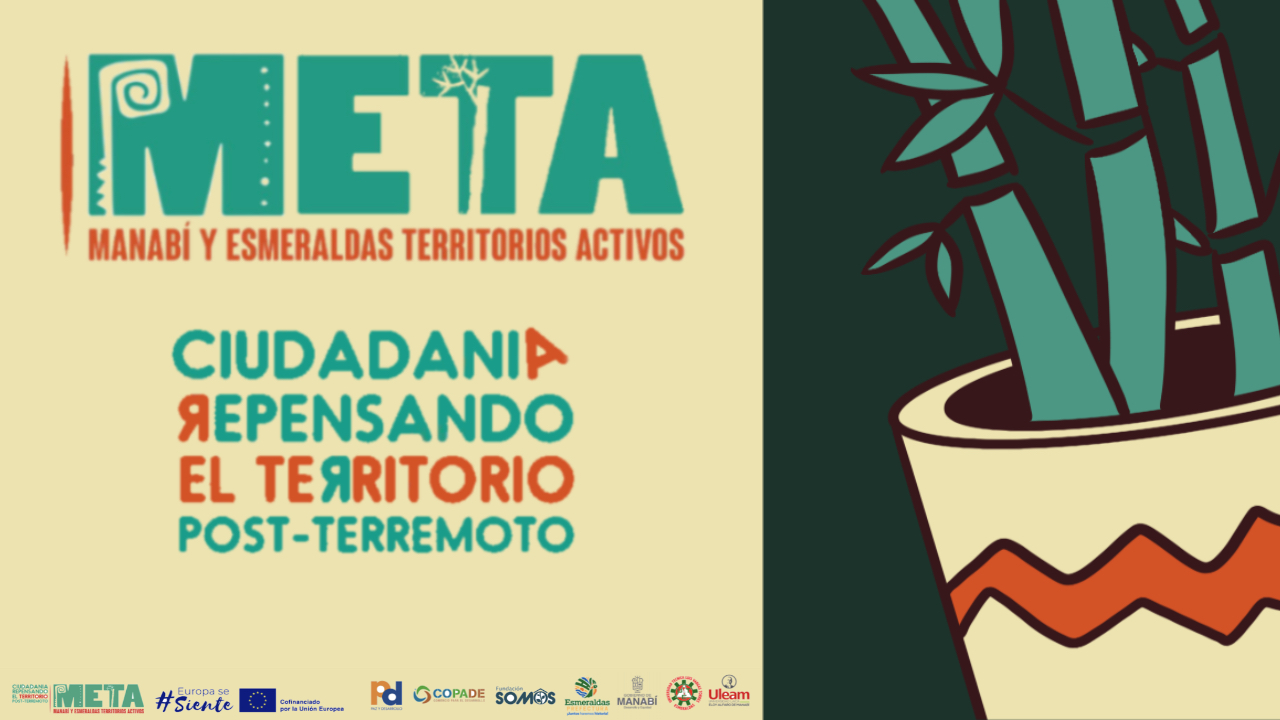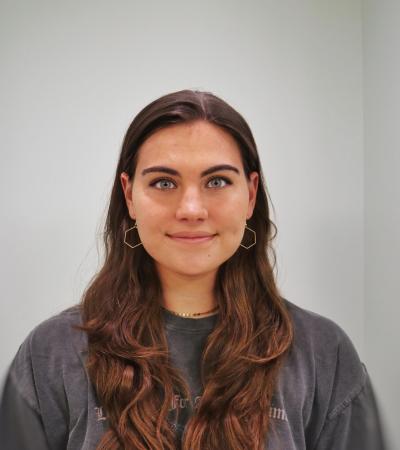Fundación SOMOS Ecuador (Kaya Responsible Travel) - Ecuador
Virtual Internship
Final Report: Fundación Somos , Kaya Responsible Travel – Ecuador

The most exciting thing about starting something new is that you never know what you will take away from it. At the beginning of the program, the participants meditated on their goals to guide them into their new jobs. This allowed me to envision the person I would become at the end of the internship. However, what I imagined and what became of myself were two different pictures.
Upon working with Fundación Somos, I expected to gain the experience of a typical architectural intern; maybe I would learn how to use AutoCAD or gain some insight into the confusing text of building code. When taking any job, the company gives the new employee a job description that includes a list of all their new tasks, and at the bottom of the list: “and other duties as instructed.” This statement was a key that allowed me to go beyond my written tasks and explore deeper into my field of study.
Through Fundación Somos, I supported the reactivation process of local governments in the coastal region of Ecuador that were affected by the 2016 earthquake. My main duties included managing the working methodology of the nonprofit, researching the benefits of sustainable building with bamboo, and designing clear infographics about the objectives of the foundation to the Ecuadorian public. However, additional duties included reviewing student architecture projects, translating 50-page research documents, and tracking meetings between government organizations, universities, and the foundation.
One large challenge faced was the language barrier. No one in the organization could speak English, so I needed to adapt quickly. Upon attending my first, large, all-Spanish Zoom meeting, I adjusted my initial learning goals: speak up in every meeting and ask lots of questions. This was difficult because it was hard to understand the vernacular use of the Spanish language, and on top of this, connectivity issues were often an issue the organization needed to solve. However, through all these obstacles, I continued to communicate with my supervisor and ask for help when I needed a hand, allowing me to improve me language skills while participating in professional group discussions. It was also important for me to stay malleable in the workplace. I often received constructive criticism and corrections from my coworkers, and it was part of my duties to take their advice and learn from them. Ultimately, by communicating frequently with my colleagues and respecting our differences in work style and language, we were all able to function smoothly as a team and build upon each other’s knowledge.
The biggest project I was assigned was designing two presentations summarizing and translating the foundation’s research documents about sustainable reactivation processes. These presentations were to be designed originally by my hand and be presented to government officials, universities, nonprofits, and local citizens at an event at the end of August. Through this endeavor, I was able to study the structural properties of bamboo, the successes and failures of community engagement, and master Adobe Suite programs. My coworkers would often come to me for questions about the foundation’s research, essentially working as the organization’s encyclopedia.
Working for a nonprofit land development firm allowed me to understand more about ethical and inclusive development as well as alternative building methods. As an architecture student, I often questioned the manner in how they built their cities. Working in Ecuador allowed me to understand that other cultures need to build with different practices to function within their country’s economy. The coastal regions of Esmeraldas and Manabí are full of strong bamboo plants, waiting to be utilized by its local economy. Through my internship with Fundación Somos, I was able to communicate to their community about sustainable construction and ways they can be catalysts in their own reconstruction. Many times, low-income provinces depend on their federal governments or outsourced donations for help. Instead of continuing to be dependent on outside resources, Fundación Somos and I worked to teach methods of self-sustaining and long-lasting development.
This internship was more than just the list of duties on a placement document. While I still completed the listed tasks, I also overcame the language barrier to improve my Spanish speaking abilities and broaden my range of architectural vocabulary; I gained knowledge about the importance of self-sustaining development and the pivotal roles local citizens play in their built environment; and I advanced my graphic design skills to master Adobe Suite and produce beautiful, clear presentations. Through my virtual internship with Fundación Somos, I learned how to communicate effectively, work in a different culture, and go above and beyond with “all the other duties as instructed.”






